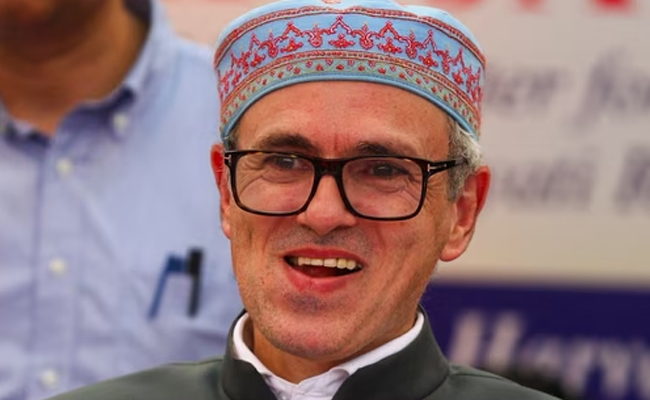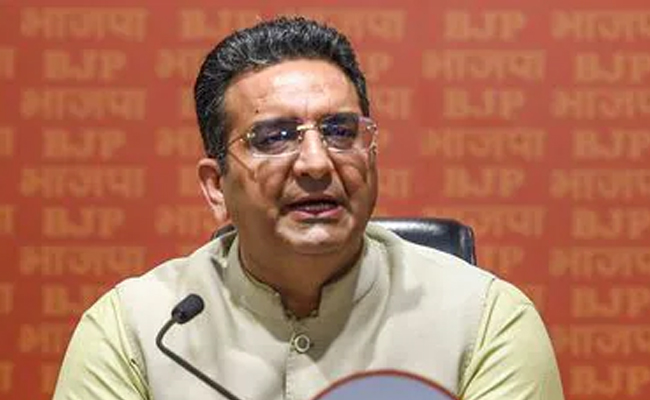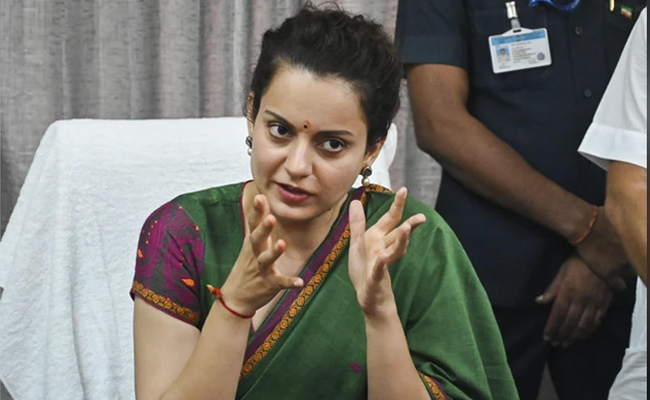New Delhi: The proposed Waqf Amendment Bill has raised serious concerns within the Muslim community, with many viewing it as a legal instrument aimed at systematically removing Waqf properties from Muslim control. Waqf properties, which are traditionally donated for the betterment of the Muslim community, are considered sacred and belong to God. These properties, once donated, cannot be sold or transferred under any circumstances, no matter the situation. While they can be developed for commercial purposes, their status as Waqf properties remains unchanged. However, the proposed amendments could potentially weaken this protection, making it easier for individuals or organizations to acquire such properties, thereby overriding centuries-old traditions and religious guidelines.
One striking example of the misuse of Waqf properties is the controversial sale of land belonging to the Maharashtra Waqf Board, which was donated by Currimbhoy Ebrahim for charitable purposes. As Muslim Mirror reports, this land was sold off, in violation of established Waqf laws, showcasing how political, corporate, and bureaucratic actors have already been mismanaging these properties. The new bill, could potentially increase the frequency of such practices.
As of August 2024, India has approximately 872,292 registered Waqf properties, spanning over 8 lakh acres of land. According to the Muslim Mirror report, these properties collectively hold a value of around ₹1.2 lakh crore, generating an annual revenue of ₹200 crore. However, despite their significant value and potential, Waqf properties have often been mismanaged and, in many cases, have been exploited by powerful groups that include politicians, bureaucrats, and even members of the Waqf Boards themselves.
The Muslim Mirror report highlights the infamous case of Antilia, the residence of industrialist Mukesh Ambani, as a glaring example of how Waqf properties have been appropriated for private gain. The land on which Antilia stands was originally donated by philanthropist Currimbhoy Ebrahim in 1895 for the construction of an orphanage. This property, designated for the education and welfare of underprivileged children, was sold to Ambani’s Antilia Commercial Private Limited in 2002 for ₹210.5 million (around $2.5 million at the time), far below its market value of ₹1.5 billion ($18 million), according to the Muslim Mirror report.
The Antilia Controversy
The sale of Waqf land for the construction of Antilia was highly controversial from the beginning. The sale of Waqf properties under the Waqf Act requires approval from the relevant Waqf Board, in this case, the Maharashtra State Board of Waqfs. Initially, the Maharashtra Waqf Board, along with the state’s Waqf minister Nawab Malik and the revenue department, opposed the sale, citing its illegality. They issued a stay order on the transaction and even filed a Public Interest Litigation (PIL) in the Supreme Court to challenge the trust’s decision to authorize the sale.
However, as reported by Muslim Mirror, the Supreme Court dismissed the petition and directed the Waqf Board to approach the Bombay High Court. Eventually, the Waqf Board withdrew its objections, and the stay order was lifted. Ambani went on to construct his residence, Antilia, on land intended for the education of impoverished Muslim children.
The Muslim Mirror report further points out that this sale violated Waqf law and betrayed the original donor, Currimbhoy Ebrahim, as well as the Muslim community. A property meant for charitable purposes was illegally sold off to a private entity for a fraction of its value, leading to widespread criticism. What makes the case even more scandalous, according to Muslim Mirror, is that only five members of the nine-member committee overseeing the sale made the decision to transfer the land, further flouting legal procedures.
The Role of Advocate Yusuf Hatim Muchhala
The Muslim Mirror report also delves into the involvement of key figures within the Muslim leadership in the Antilia case, particularly Advocate Yusuf Hatim Muchhala, who served as the legal advisor to the All India Muslim Personal Law Board (AIMPLB). Ironically, Muchhala represented Mukesh Ambani in the case of Maharashtra Waqf Board vs. Antilia Commercial Private Limited, according to the Muslim Mirror report. His role in facilitating the sale and defending Ambani’s interests has raised significant concerns about conflicts of interest and the ethical integrity of those tasked with safeguarding Waqf properties.
According to Muslim Mirror, Muchhala’s representation of Ambani did not end at the High Court level. Even when the Waqf Board pursued the case further in the Supreme Court, Muchhala continued to seek stays in favor of Ambani, ultimately helping Ambani retain control of the land. Notably, the legal drafting for the case was reportedly done by the late Justice A M Ahmadi, a former Chief Justice of India and Muchhala’s brother-in-law, as per the Muslim Mirror report.
The Muslim Mirror report further states that when this issue was raised during a meeting of the AIMPLB in Mumbai, the then board’s general secretary, the late Syed Nizamuddin, refused to entertain the matter. He stated that the board’s involvement was limited to Waqf lands related to the Babri Masjid case, deliberately ignoring the Antilia controversy. This decision not to challenge one of their own members, who was representing Ambani in the case, has raised questions about the board’s commitment to protecting Waqf properties, according to Muslim Mirror. Interestingly, the same AIMPLB, which refused to act in the Antilia case in 2002, is now leading a campaign against the proposed Waqf Amendment Bill, raising concerns about its consistency and sincerity, the Muslim Mirror report suggests.
The case is still pending before the Apex Court. Yusuf Muchhala remains a prominent figure in several Muslim organizations. He is one of the top leaders of the All India Milli Council and serves as the chairman of the APCR, a non-governmental organization dedicated to protecting the human rights of Muslims.
According to the Muslim Mirror report, the proposed Waqf Amendment Bill, in light of cases like Antilia, appears to provide a formal legal framework to facilitate the sale or transfer of Waqf properties on a much larger scale. What individuals and private entities were previously doing discreetly—often in collaboration with corrupt officials—the current government now aims to do openly, and potentially with greater efficiency, according to Muslim Mirror
By allowing for easier acquisition and sale of Waqf properties, the bill could pave the way for further exploitation of these lands, many of which hold significant religious, educational, and charitable value for the Muslim community. According to Muslim Mirror, the fear is that this bill will be a legal weapon that not only deprives the community of its valuable properties but also undermines the very principles of Waqf, which are designed to protect and promote the welfare of the community.
The Waqf Amendment Bill is viewed as a dangerous development that threatens the future of Waqf properties in India. Cases like Antilia, where legal loopholes and corrupt practices allowed the sale of Waqf land to a private entity, serve as a grim reminder of what could happen on a much larger scale if the bill is passed, according to the Muslim Mirror report.
Let the Truth be known. If you read VB and like VB, please be a VB Supporter and Help us deliver the Truth to one and all.
Srinagar (PTI): Jammu and Kashmir Chief Minister Omar Abdullah on Wednesday criticised his Bihar counterpart over the niqab incident and said that Nitish Kumar might be slowly revealing his true nature.
"Nitish Kumar, who was once considered a secular leader, may be slowly showing his true colours," Abdullah told reporters here on the sidelines of a function.
Abdullah said Kumar removing the face veil of a Muslim woman doctor was wrong and cannot be justified by any means.
"We have seen this kind of incident here several years ago. Have you forgotten how Mehbooba Mufti removed the burqa of a legitimate voter inside a polling station? That act was wrong, and this act (of Kumar) is also wrong.
"If the (Bihar) chief minister did not want to hand over the order to her (Muslim woman), they could have kept her aside. However, to humiliate her like this is totally wrong," the Jammu and Kashmir chief minister said.
Kumar stirred a huge controversy after he removed the face veil of a Muslim woman at a function earlier this week.





